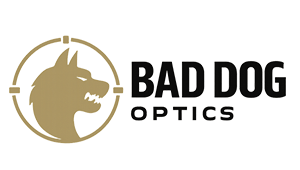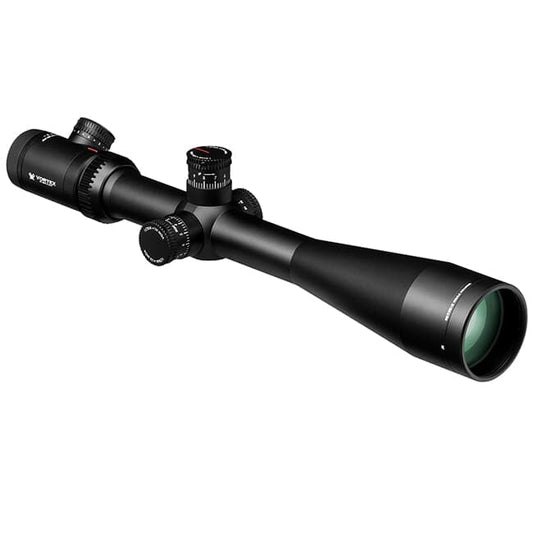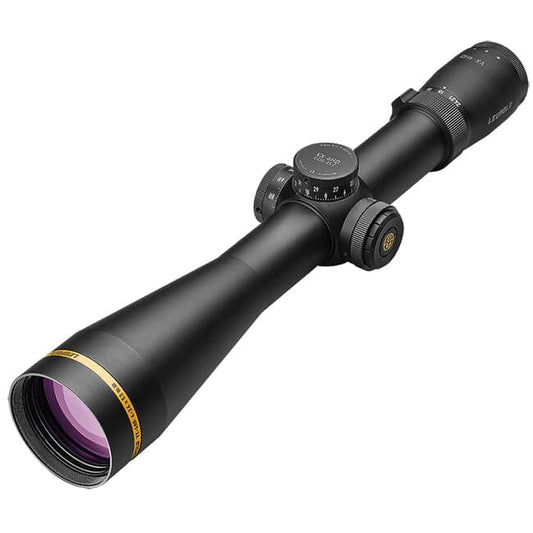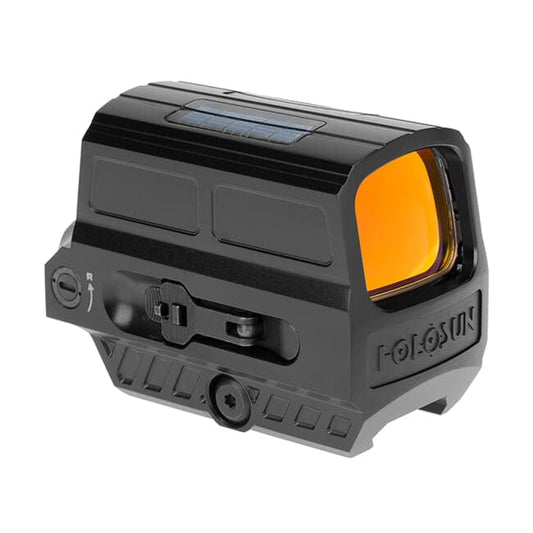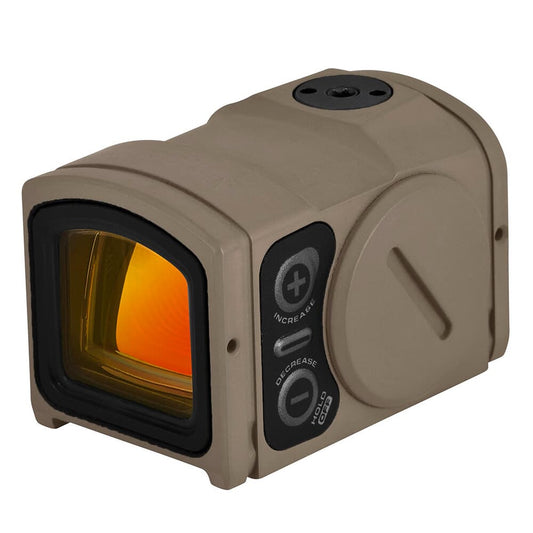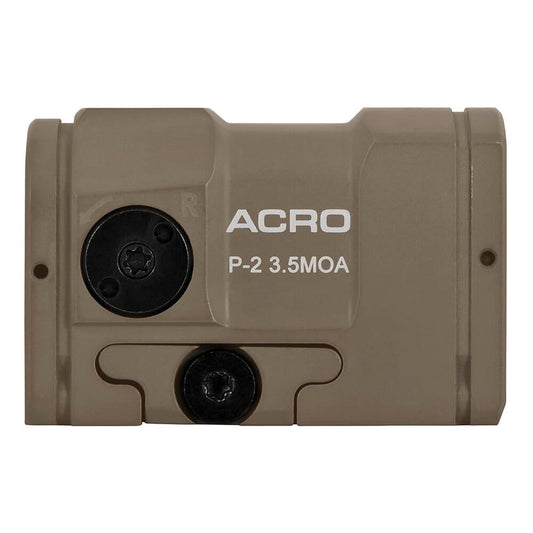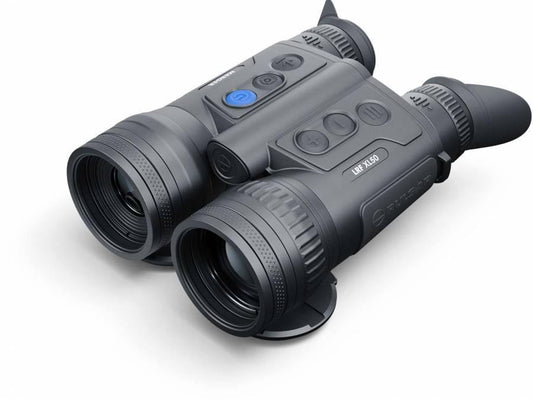

Pulsar Merger Thermal Binocular LRF XL50 offers advanced thermal imaging with a 1024x768 pixel sensor, allowing for precise detail recognition in complete darkness. The variable magnification range of 2.5-20x ensures flexibility for various viewing distances, making it a vital tool for outdoor enthusiasts and hunters. An integrated laser rangefinder accurately measures distances up to 1 kilometer, enhancing your ability to assess targets quickly and effectively.
Designed for ease of use, the binocular features a six-function button layout and a durable grip that promotes comfortable handling during extended observation periods. With impressive battery life from dual rechargeable batteries, you can rely on this device for long sessions in the field without interruption. The wide field of view of 14 degrees facilitates effortless scanning of landscapes, ensuring you won’t miss any action.
Features:
- HIGH DEFINITION IMAGING for stunning clarity and detail in complete darkness.
- VARIABLE MAGNIFICATION from 2.5-20x for versatile viewing options.
- LASER RANGEFINDER measures distances up to 1 km with ± 1 m accuracy.
- USER-FRIENDLY DESIGN with six function buttons for quick access to features.
- LONG BATTERY LIFE from dual rechargeable batteries for extended use.
- COMFORTABLE GRIP allows for prolonged observation without fatigue.
- WIDE FIELD OF VIEW at 14 degrees for easy scanning of landscapes.
- SUPERIOR DETECTION CAPABILITIES with 2300 m detection range of standard objects.
Technical Specifications Table
| Specification | Details |
|---|---|
| Magnification | 2.5-20x |
| Lens Diameter | 50 mm |
| Weight | 1.2 kg |
| Dimensions | 180 x 130 x 60 mm |
| Sensor Resolution | 1024x768 pixels |
| Battery Capacity | 4 Ah (built-in) + 3.2 Ah (replaceable) |
What’s in the Box?
- Merger LRF XL50 Thermal Binocular
- Rechargeable Battery
- USB Charging Cable
- Lens Covers
- Padded Carrying Case
- User Manual
Customer Reviews
“The clarity is unbelievable! I can spot deer from miles away.”
“The rangefinder feature saves so much time while hunting.”
“Comfortable to hold, and the battery lasts forever!”
FAQ
How does the Pulsar Merger LRF XL50 perform in low light?
With a high-definition thermal sensor, this binocular excels in low-light conditions, providing excellent image clarity and detail, ensuring you don’t miss a thing during twilight hours.
Is it easy to maintain the battery?
Yes, the dual rechargeable batteries are designed for convenience, with clear markings for easy replacement in the dark. A single charge can provide extensive usage, making it hassle-free.
Similar Models
Looking for more advanced optics? Explore our complete Pulsar collection, featuring models like the Pulsar Accolade 2 LRF for enhanced versatility and the Pulsar Helion 2 XP50 for superior thermal performance. Discover the perfect pairing for your adventures!
You May Also Like
Here’s some of our most similar products people are buying. Click to discover trending style.
